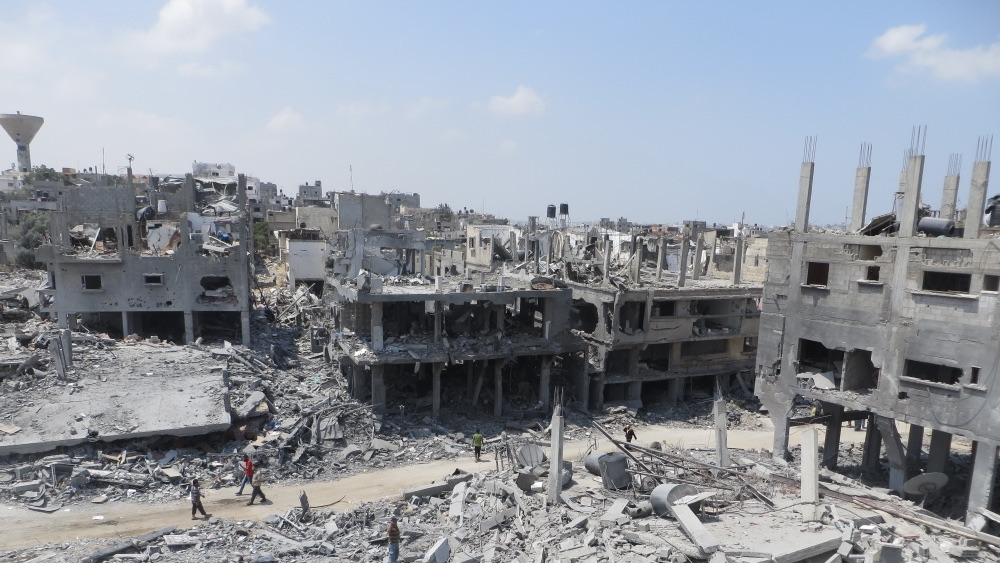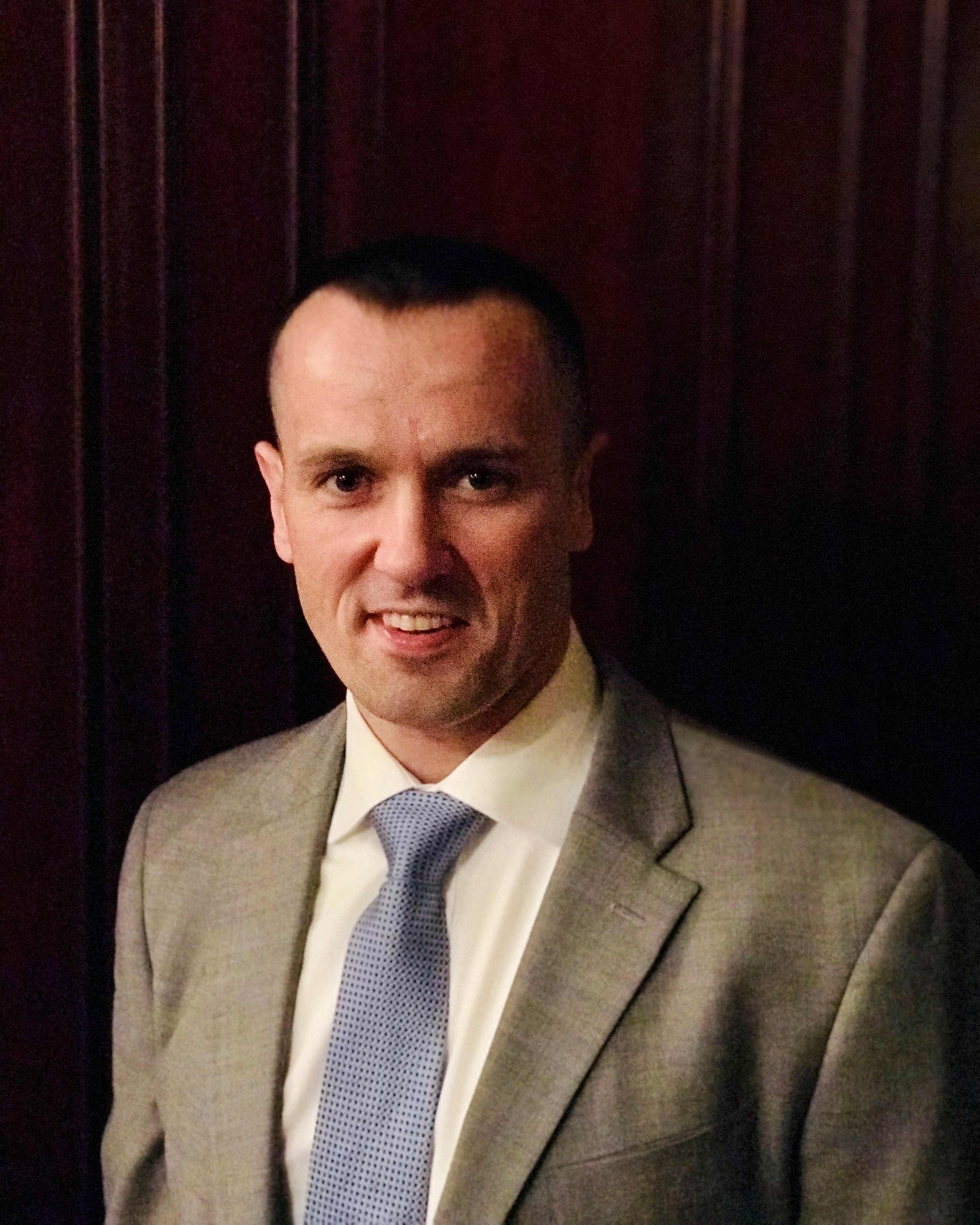
10 November 2021, 14:00–15:15 CET
Click here to register for this session.
Wars are increasingly waged in cities. It is estimated that more than half of the armed conflicts in the world today are unfolding in urban areas. This trend is expected only to continue, and according to the North Atlantic Treaty Organization (NATO), it will be ‘inevitable’ in the future that military operations are conducted in urban settings. However, the urban environment poses a number of challenges to military operations. Consequently, there is an emerging conversation in military circles about the need to develop and adapt technologies, doctrines and strategies for urban warfare. A central element of that discussion is how to achieve operational efficiency while ensuring compliance with international humanitarian law (IHL) and minimizing civilian harm. With a particular focus on the role of emerging military technologies, this session will bring together experts to reflect on the humanitarian and operational challenges posed by the urban environment and discuss how these can be addressed.
The session will address the following questions:
- What are the drivers and characteristics of urban warfare as seen today?
- What are the current and foreseeable challenges that the urban environment poses to military operations?
- How do militaries already think about, adapt to and prepare for urban warfare?
- What is/are the most prevailing trend(s) in terms of technological adaption and doctrinal development?
- What challenges do urban environments pose to compliance with IHL and how do—or should—militaries apply IHL in future urban operations?
Moderator
|
|
Laura Bruun Laura Bruun is a Research Assistant working on emerging military and security technologies. Her focus is on how emerging military technology, notably autonomous weapon systems, affects compliance with - and interpretation of - International Humanitarian Law. She has a background in both Middle Eastern Studies and International Security and Law and wrote her thesis on remote warfare’s implications for protection of civilians by analysing the US’ targeting cycle in its aerial campaign against ISIS. Before joining SIPRI, Laura worked with Airwars in London, where she monitored and assessed civilian casualty reports from US and Russian airstrikes in Syria and Iraq. Laura has previously lived in both Egypt and Jordan, working with human rights issues in the MENA-region. |
Discussants
|
|
Dr Lydia Kostopoulos Dr Lydia Kostopoulos is affiliated with the Emerging Technologies Adjunct Faculty, US Joint Special Operations University (JSOU). She also is a multi-disciplinary professional whose expertise lies at the intersection of strategy, security and emerging technologies. She brings a systems-thinking approach to her work examining technology opportunities and risks in the context of global macro trends, geopolitics, international economics, climactic factors and demographic change. |
|
|
John Spencer John W. Spencer currently serves as the Chair of Urban Warfare Studies at the Modern War Institute, Co-Director of the Urban Warfare Project, and host of the Urban Warfare Project podcast. He served over twenty-five years in the U.S. Army as an infantry soldier. His research focuses on military operations in dense urban areas, megacities, urban and subterranean warfare. He is an international recognized subject matter expert in urban warfare that regularly consults for militaries and defense organizations around the world. |
|
|
Abby Zeith Abby Zeith is a Legal Adviser in the Arms and Conduct of Hostilities Unit in the ICRC’s Legal Division. Her work focuses on urban warfare and the application of the rules governing the conduct of hostilities under international humanitarian law more generally. Before joining the ICRC, Abby served in the military as both a Signals officer and a Legal officer. She also has experience with the International Humanitarian Fact-Finding Commission, the UN International Law Commission and Just Security. Abby holds a Master of Laws (International Legal Studies) from New York University and Bachelor of Laws (Hons) and Journalism. |
For additional information on this session, please contact the SSC 2021 Team at sthlmseccon@sipri.org.



